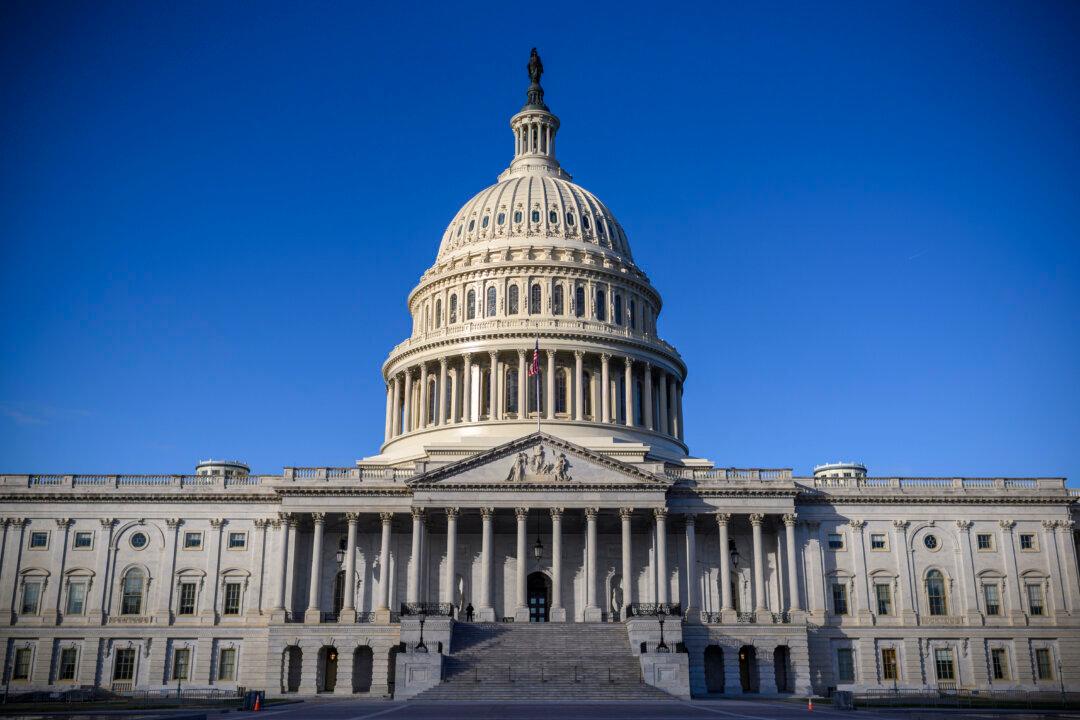The Congressional Budget Office (CBO) said on Wednesday that the U.S. Treasury Department is projected to exhaust its debt limit by October or November, as Democrats seek to raise that limit for trillions more in funding. Republicans say they oppose the move.
As of June 30, an additional $6.5 trillion had been borrowed, bringing total federal debt to $28.5 trillion. The new debt limit is set to be decided by August 2021.





